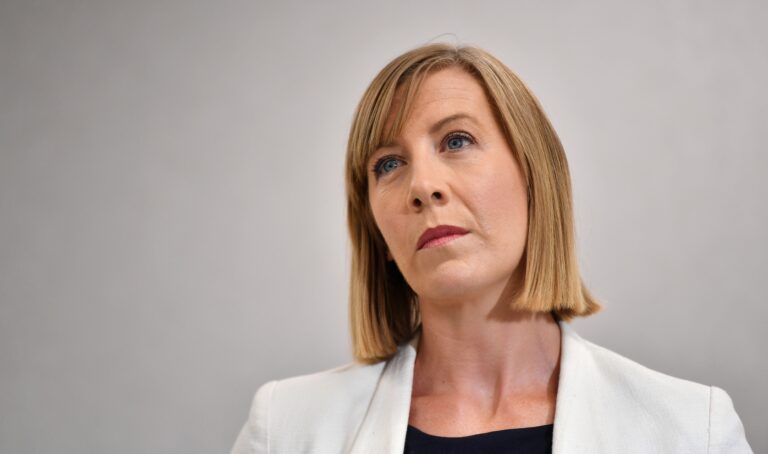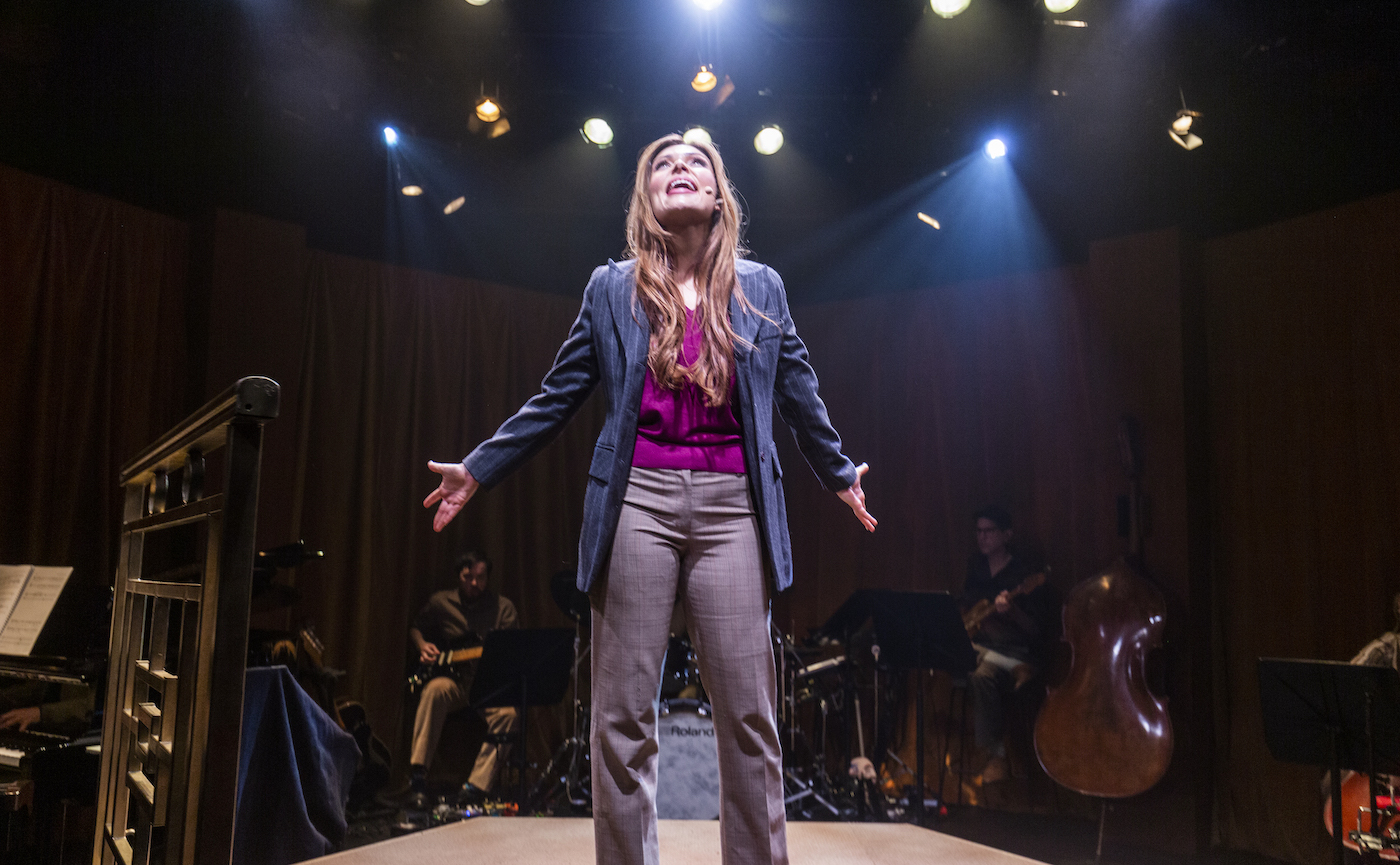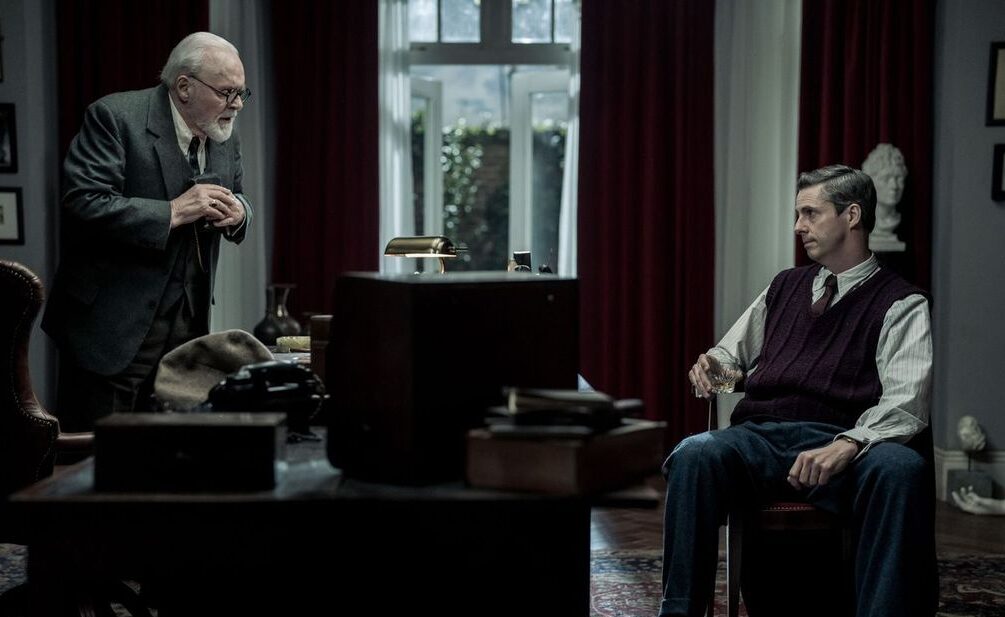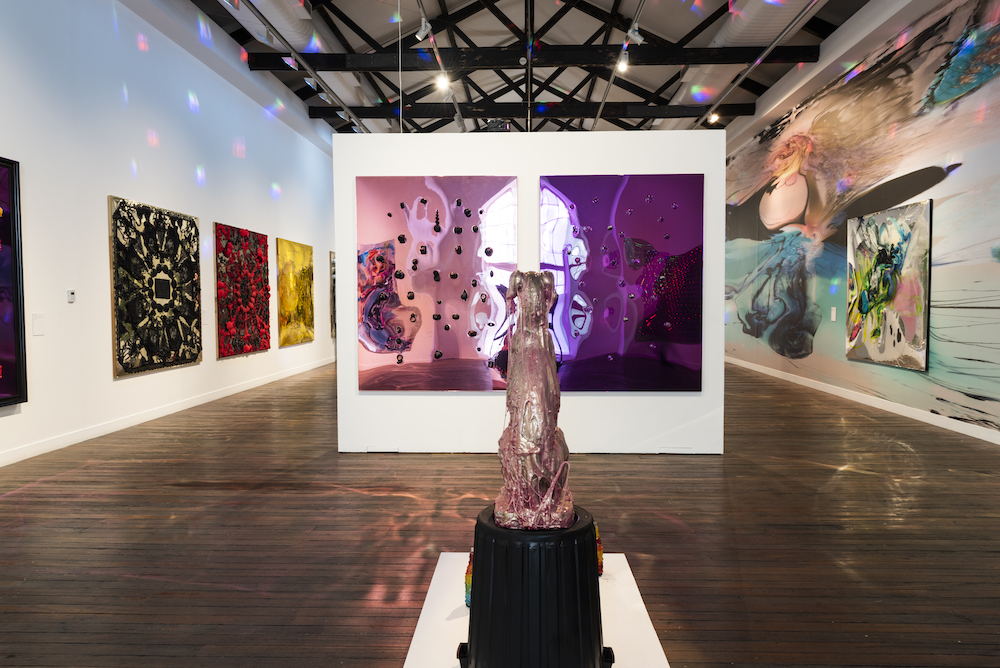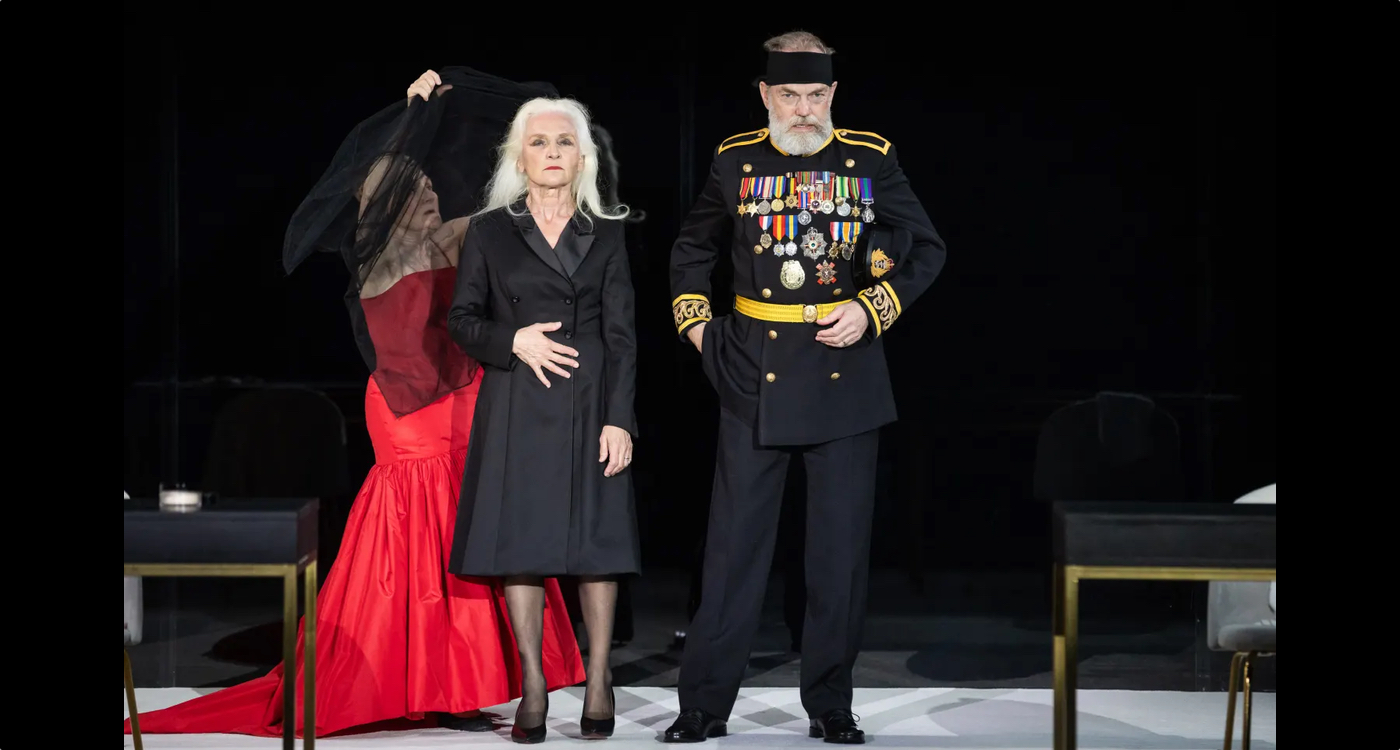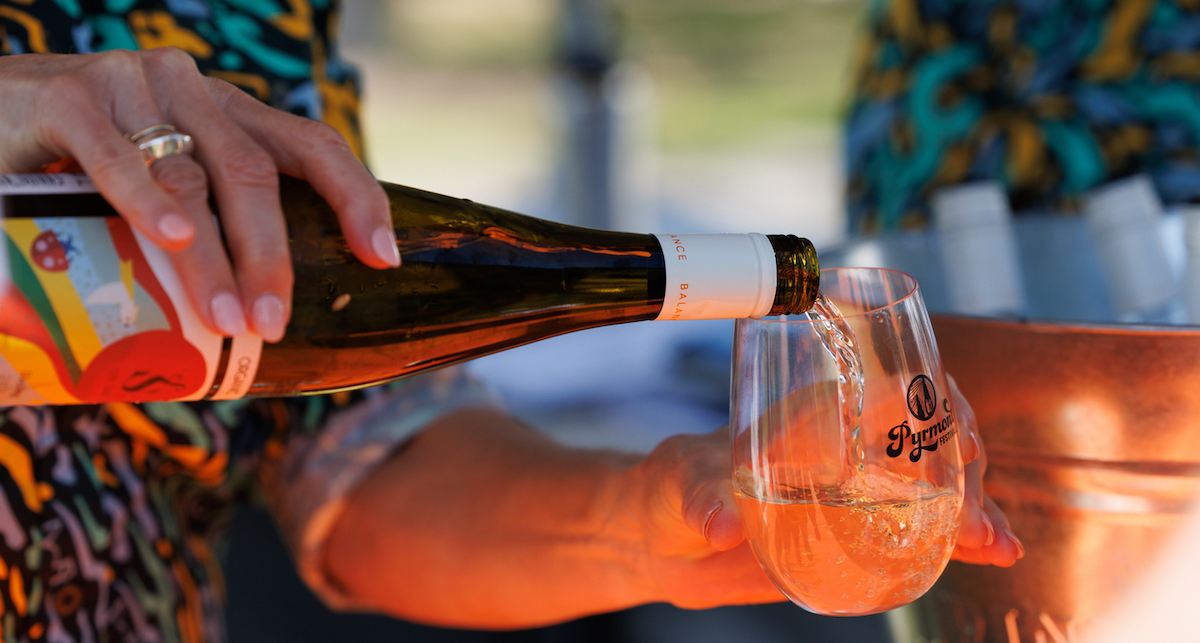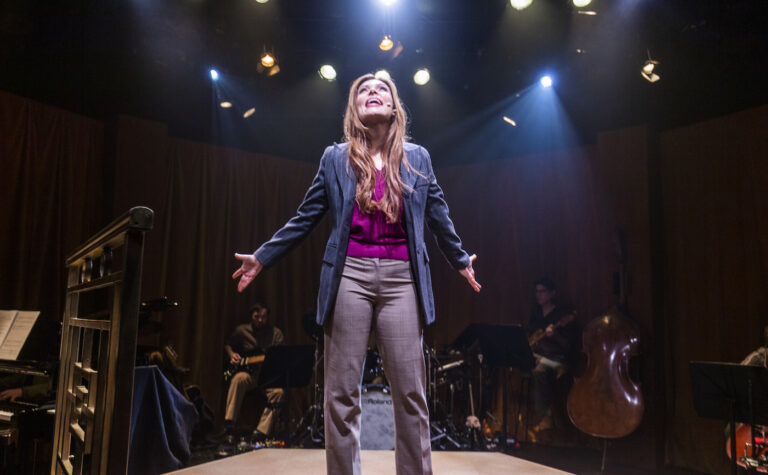
ANTENNA DOCUMENTARY FILM FESTIVAL
By Mark Morellini
Australia’s international documentary film festival returns for its eighth edition, presenting 38 stimulating feature-length films and 10 shorts from 23 countries. Australia is prominent with a selection of 16 films.
Each year this festival grows in popularity, evident from the new partnership Antenna has established with Dendy Newtown, which means that documentary enthusiasts in the inner west can now more conveniently attend this festival.
David Rokach, the Festival and Artistic Director, explained that the purpose of this festival is to promote and support documentary film culture in Australia, providing access to some of the most talked about documentaries from around the world and introducing audiences to the endless possibilities of what non-fiction cinema can be.
With so many documentary films on offer, festival-attendees may ask, what is the filmmaker’s responsibility towards its audience?
“Documentary, like any art form, is a medium used to reflect and ask questions about the world around us, ultimately about ourselves. The filmmaker’s responsibility then is not simply to record and present a ‘true story’ but to show us how they see that story. It’s that voice that makes a story poignant, challenging or revelatory and that gives a story its significant.”
Putin’s Witnesses which details Russian President Vladimir Putin’s rise to power in the early 2000s, has its Australian premiere on opening night and should prove to be a popular choice at the festival. Exiled and provocative filmmaker Vitaly Mansky will be a guest at the festival.
“One of the most daring and challenging films in the program is Astra Taylor’s What Is Democracy? In a time where issues of race and gender inequality are paramount, Taylor examines the deep roots these problems have in what we call ‘democracy’ today. What I particularly like about this film is the way Taylor challenges our very limited understanding of the term democracy, showing us how it is used and abused, and makes us ask whether what we call democracy is even worth fighting for.”
Island Of The Hungry Ghosts which is regarded as one of the strongest Australian documentaries of the year has its highly anticipated Sydney premiere at the festival.
“The film follows Poh Lin who is a trauma counsellor living on Christmas Island and her job is to offer asylum seekers advice and support while they are detained indefinitely. As Australian government policies make her job harder she finds herself increasingly powerless to help her clients,” explained Rokach. “If you want to see how we treat our asylum seekers in this country then this is the film you should watch. It’s very cinematic and poetic, having won the best documentary award at the prestigious Tribeca Film Festival.”
Four years in the making this controversial film will move, shock, anger and possibly leave the more sensitive viewer teary. “As a filmmaker one of the key purposes is to leave people feeling differently and to offer a perspective that we haven’t seen before and maybe to penetrate people’s perspective so they can see this thing that has been occurring in a different way,” explained the film’s director Gabrielle Brady. “So one of the purposes was how do we move people to see what is really happening because a lot of the feedback from the film has been: ‘Wow! It’s like I’ve had a blanket over my eyes and I’m seeing what has been happening all these years for the first time.’ We’re not wanting to make a storm in a tea cup but we’re wanting to make a real difference and wanting people to have a shifted gauge.”
Screened in over 50 festivals around the US and Europe, Brady said it’s very important that Australian audiences watch this film. “I was very nervous bringing this back to screen at the Australian festivals because the stories are so much closer to us. We know this narrative – my hope is that as many Australians [as possible] watch this film and that we set a dialogue about what is happening in our offshore detention centres.”
Audiences may ponder why this film also showcases the yearly migration of the red crabs – is there a link between the main story concerning the trauma experienced within the detention centre?
“When I arrived on the Island part of my work was how we could visually and cinematically tell this story. One of the first visual stories I was witness to was the migration of the red crabs, which for me was this incredible metaphor that sits there on the island – the sensation of this epic display of nature, this massive movement that happens every year, a force that cannot be stopped and that felt like a stark contrast against the non-movement inside the detention centre, this detainment, this indefinite detention.”
Brady said it’s incredibly important that her film is screening at the Antenna Documentary Film Festival which always brings the best of cinematic and independent films to audiences in Sydney.
“There are a lot of people that took part in the film and who reside in Sydney, so it’s a very personal screening for us and we’re very excited – the screenings in Australia are the most important.”
David Rokach concluded by saying that documentaries today are produced for the big screen and that Antenna provides a theatrical experience that does justice to these films. “Their dazzling visuals and immersive soundscapes can be experienced to the fullest and when the lights go on, the buzz of a festive crowd, the Q&A’s and the discussions that can emerge, allow the audience to enter the larger world of documentary culture.”
Oct 9-14. Chauvel Cinema, Verona Cinema, Dendy Newtown, Museum of Contemporary Art. $20-$90+b.f. Tickets & Info: www.antennafestival.org
** SEE OUR WEBSITE FOR THE FULL INTERVIEW WITH DAVID ROKACH**
